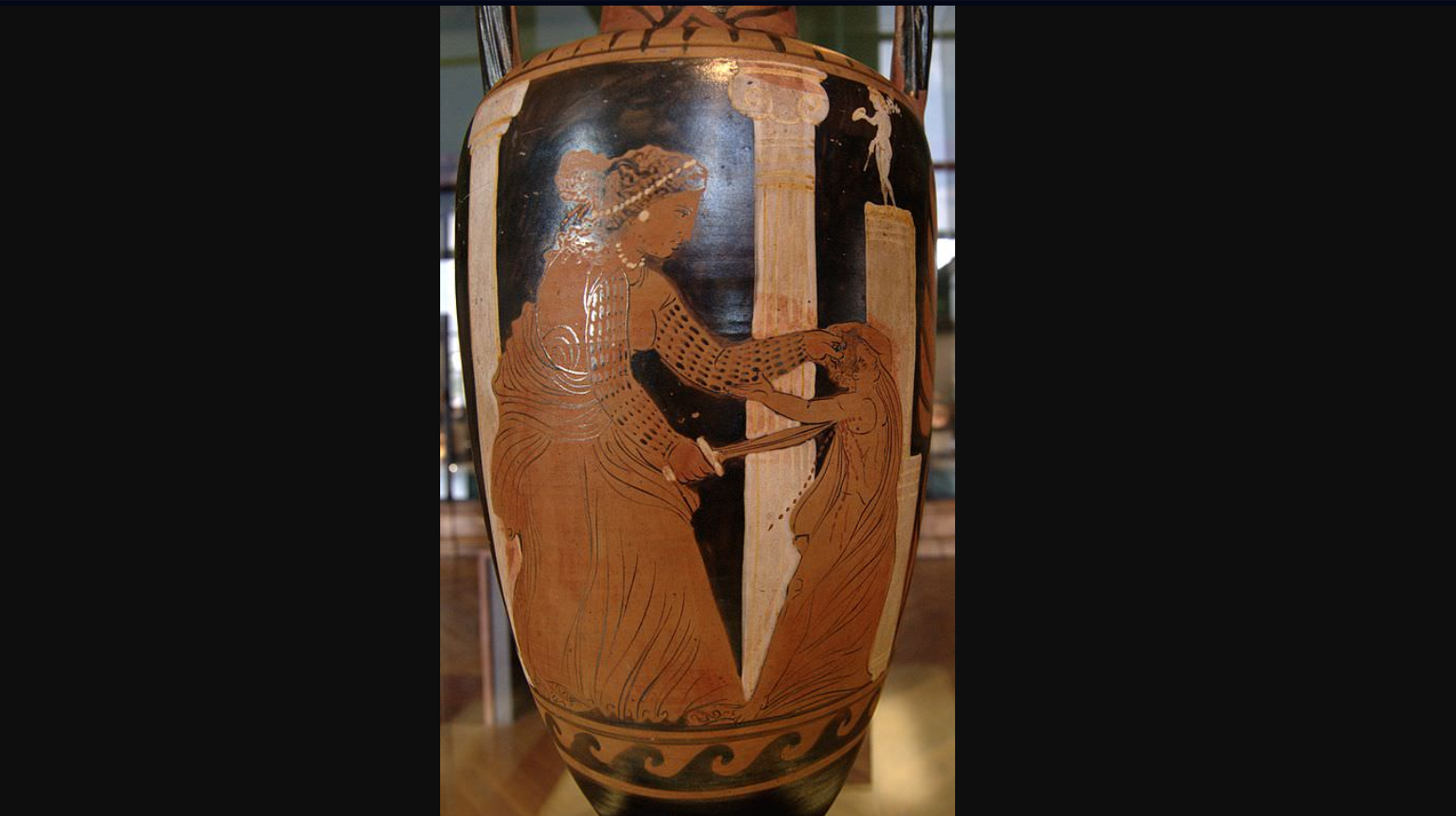Around 10 foreign universities are preparing to apply to open branches in Greece, according to Pericles Mitkas, President of the National Authority for Higher Education. The application period began on January 2nd and will close on March 1st.
On February 14, 2025, Sorbonne Paris Nord made headlines as the first university to apply for a license to operate as a non-state university in Greece. This move follows the passage of Law 5094/2024 last February, which paved the way for foreign universities to establish branches in the country. If all goes as planned, the list of approved non-state universities set to open in September will be announced in late spring, once the application evaluations are complete.
Mitkas explained on state television that the application process requires extensive documentation. The National Authority for Higher Education will review a portion of these documents, while the EOPPEP, under the Ministry of Education, will assess the physical infrastructure. Evaluation committees, made up of international scholars with significant university administration experience, will review the applications and submit well-documented recommendations to the Ministry.
The decision process is expected to take several months, with a second phase also anticipated. Mitkas emphasized the need for thoroughness, stating that study programs must meet the same accreditation standards as those for public universities in Greece. This rigorous evaluation aims to ensure public confidence and maintain high-quality education standards. However, he noted that not all applicants might be ready to open by September.
Mitkas estimated that around 10 universities, possibly between 7 and 12, are likely to apply.
Which Universities Are Expected to Apply?
Eleven institutions are expected to apply for licenses to operate as private universities in Greece. Most of these already function as colleges in the country through partnerships with foreign universities. These include:
Metropolitan College
Aegean OMIROS College
Deree
Anatolia College
City Unity
New York College
BCA
IdEF
Hellenic American Union
Additionally, the University of Nicosia and Frederick University are expected to submit applications to establish non-state universities in Greece.
Requirements for Non-State Universities
To be licensed, each branch of a Legal Entity for University Education (N.P.P.E.) must offer at least three faculties, each with at least one undergraduate degree program. However, if the parent institution ranks among the top 20 universities globally, the branch can consist of just one faculty offering one undergraduate program.
The international ranking must be supported by recognized metrics such as academic reputation, research output, publications, citations, teaching quality, and graduate employability. These should be verified through reports from agencies like Quacquarelli Symonds (QS), Times Higher Education (THE), and the Academic Ranking of World Universities (ARWU).
The application must detail the academic structure of the N.P.P.E. branch and the parent institution's international rankings. Study programs should clearly outline their academic identity, objectives, subject areas, structure, learning outcomes, and targeted professional qualifications. They should also emphasize student engagement, practical experience, and the integration of teaching and research.
Once licensed, each study program must receive accreditation from the National Authority for Higher Education (E.TH.A.A.E.) before it can begin operations. Degrees awarded by these branches will be issued by the parent institutions.









